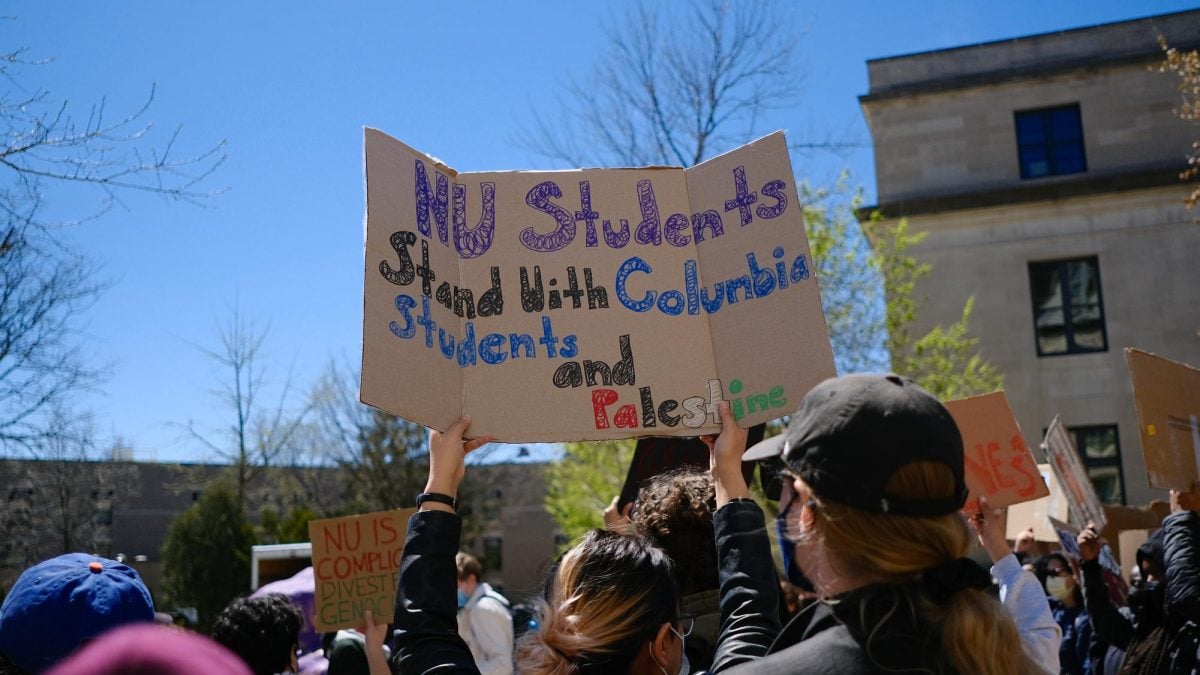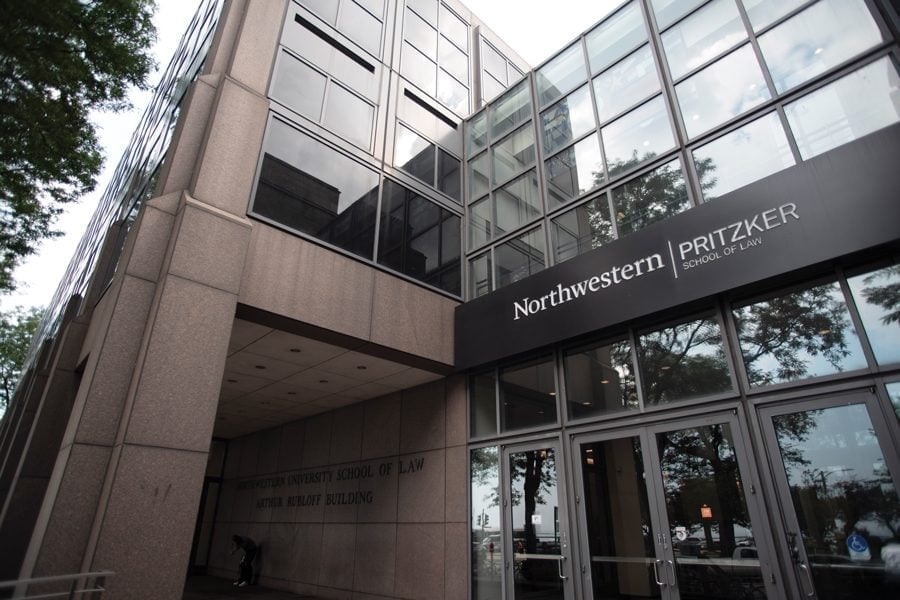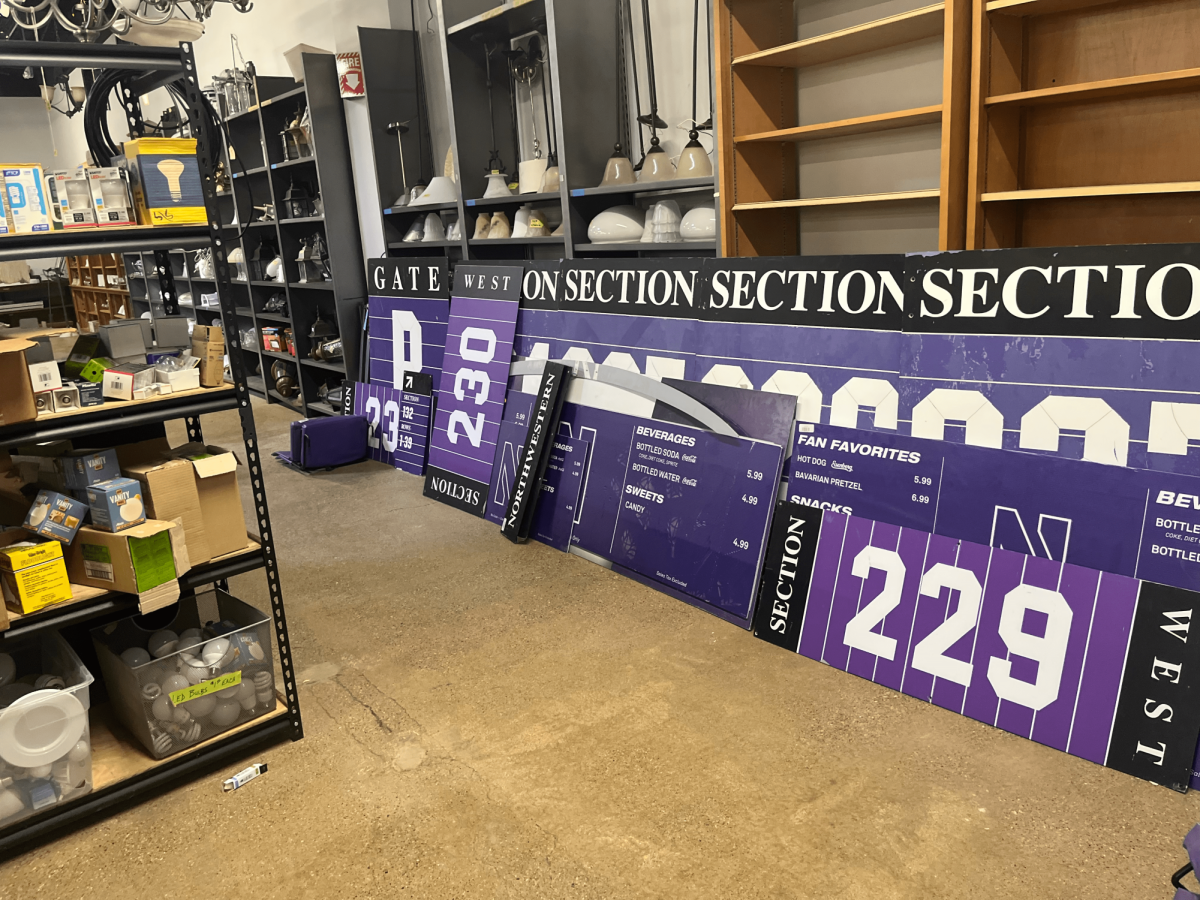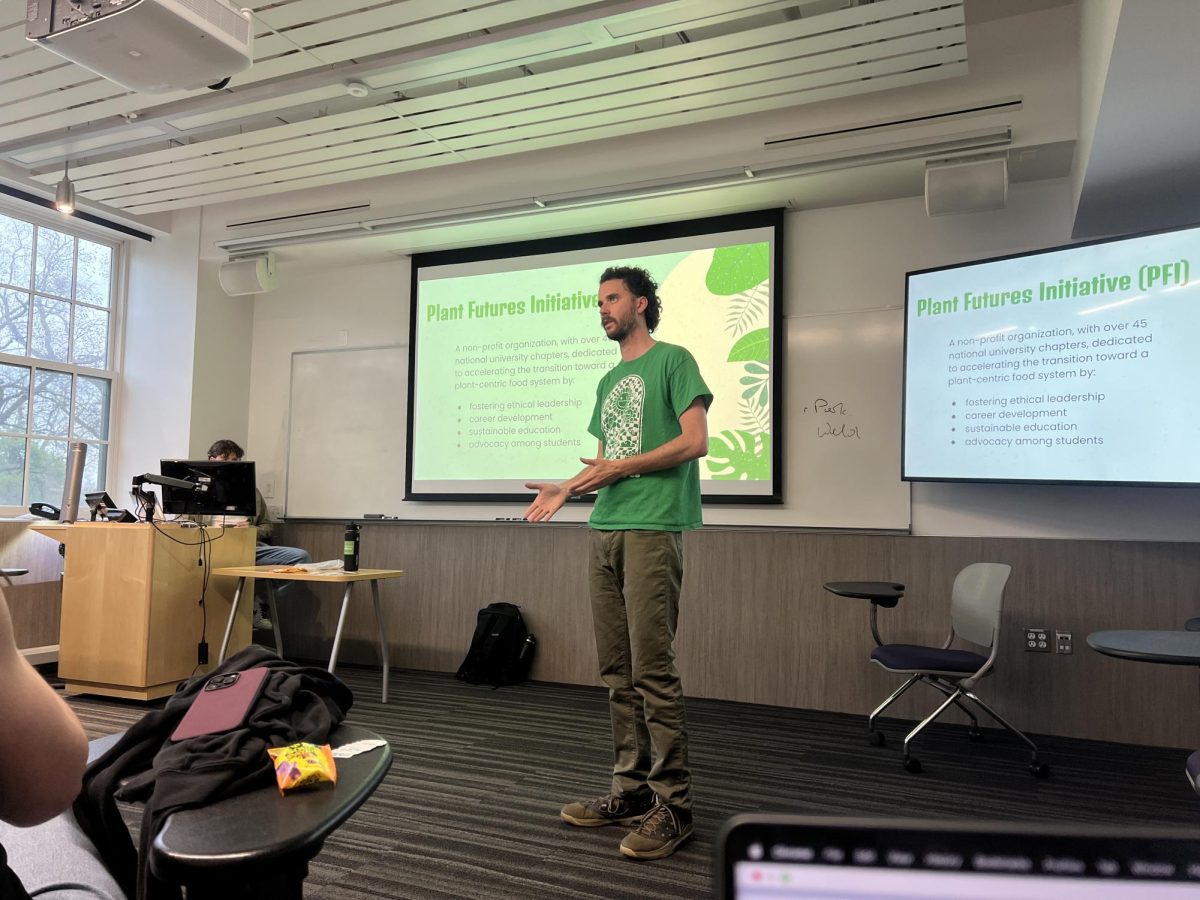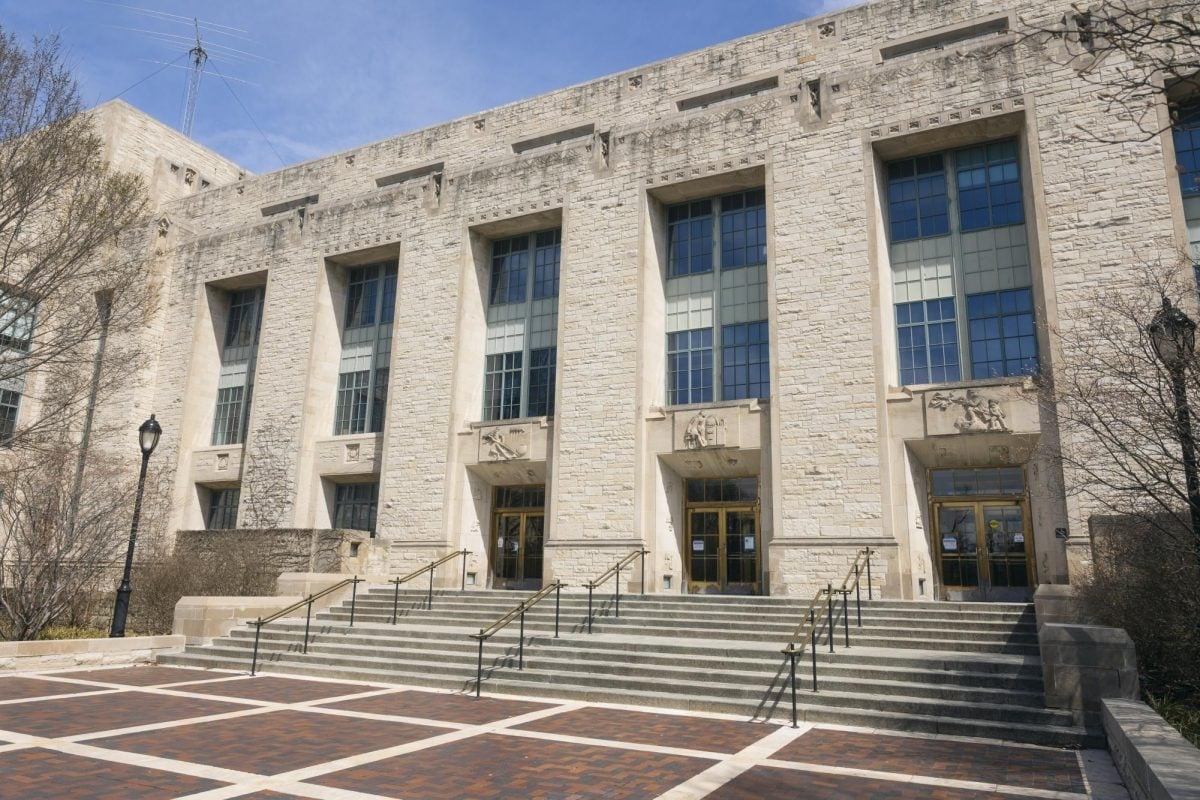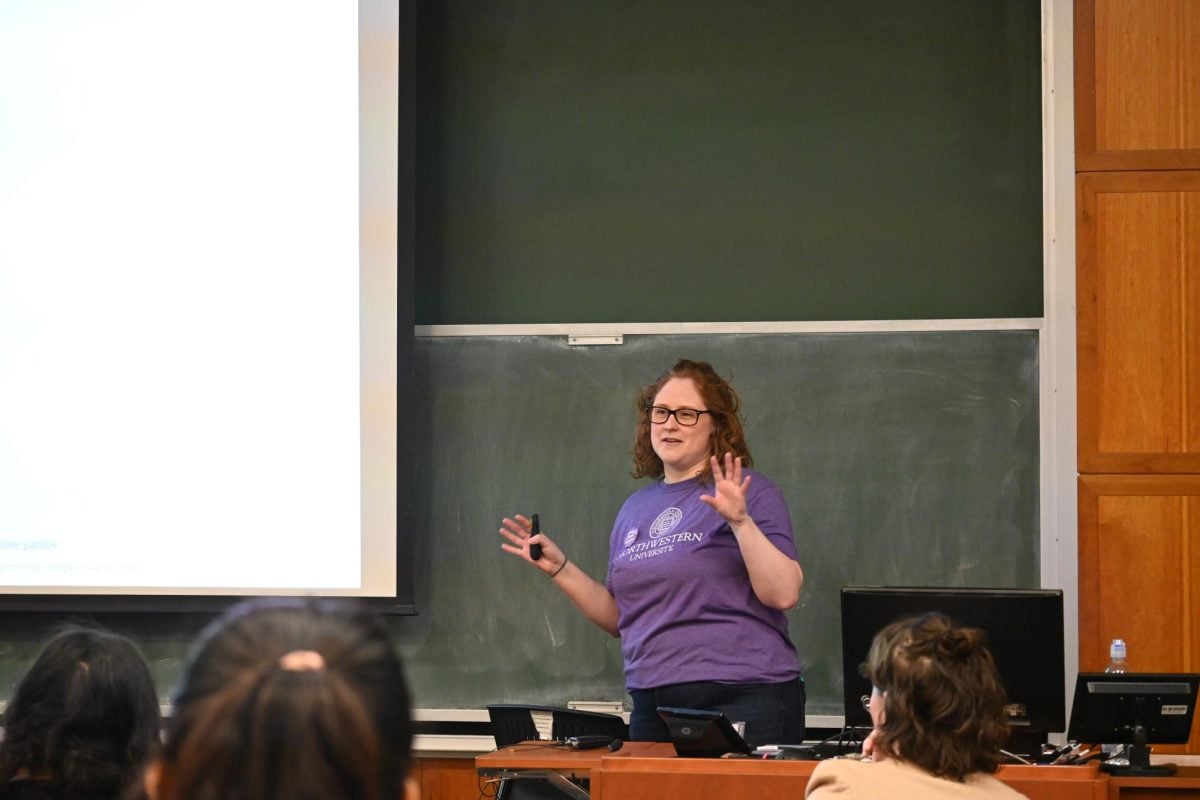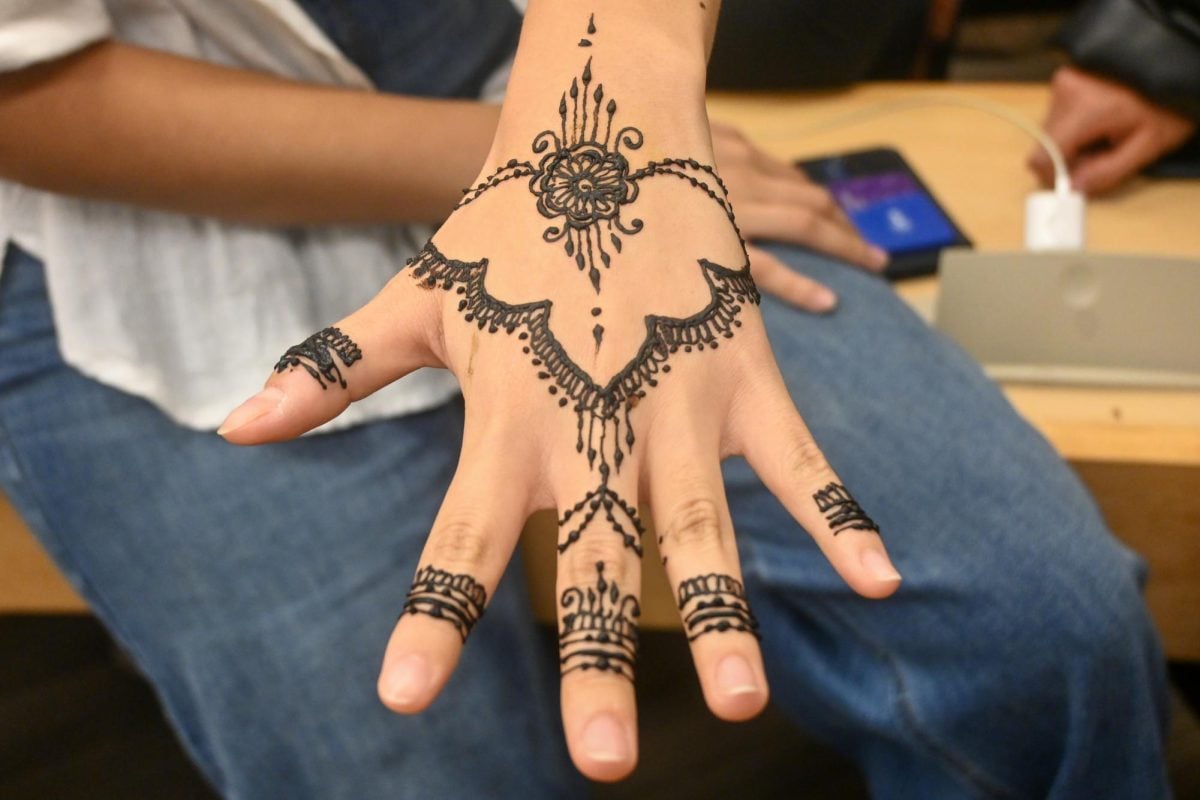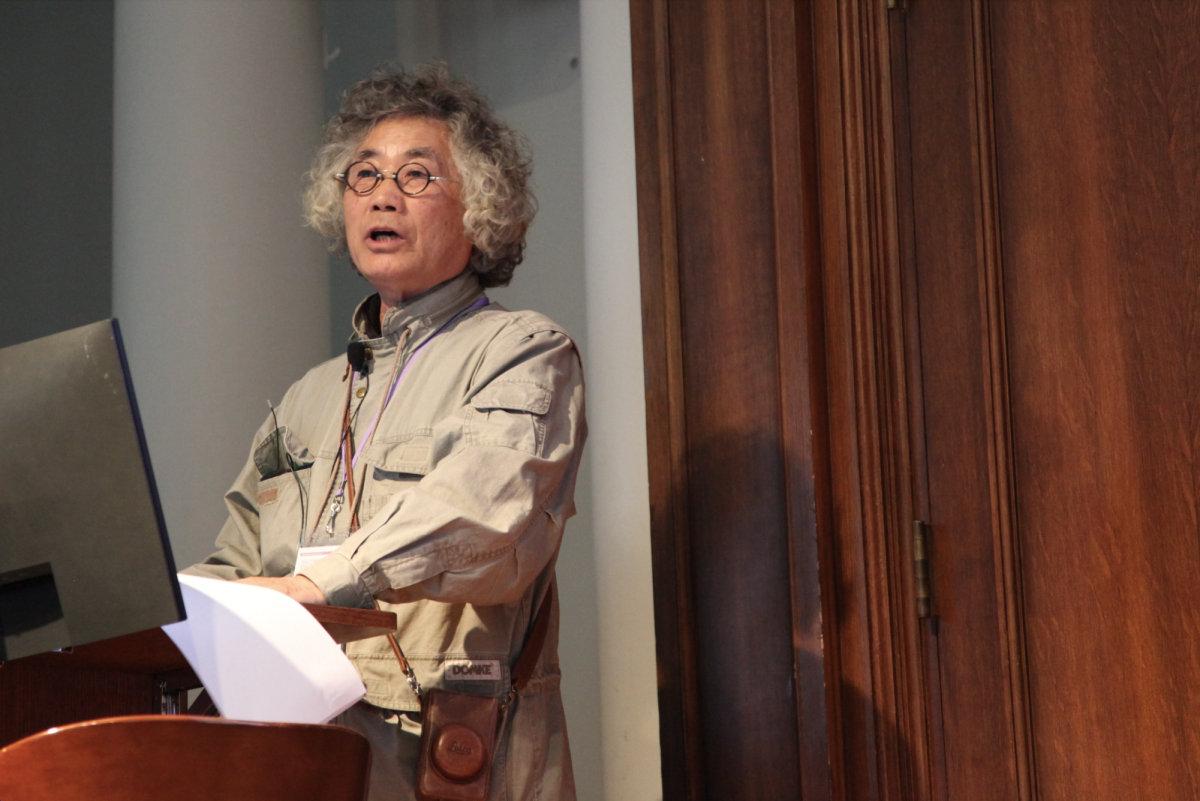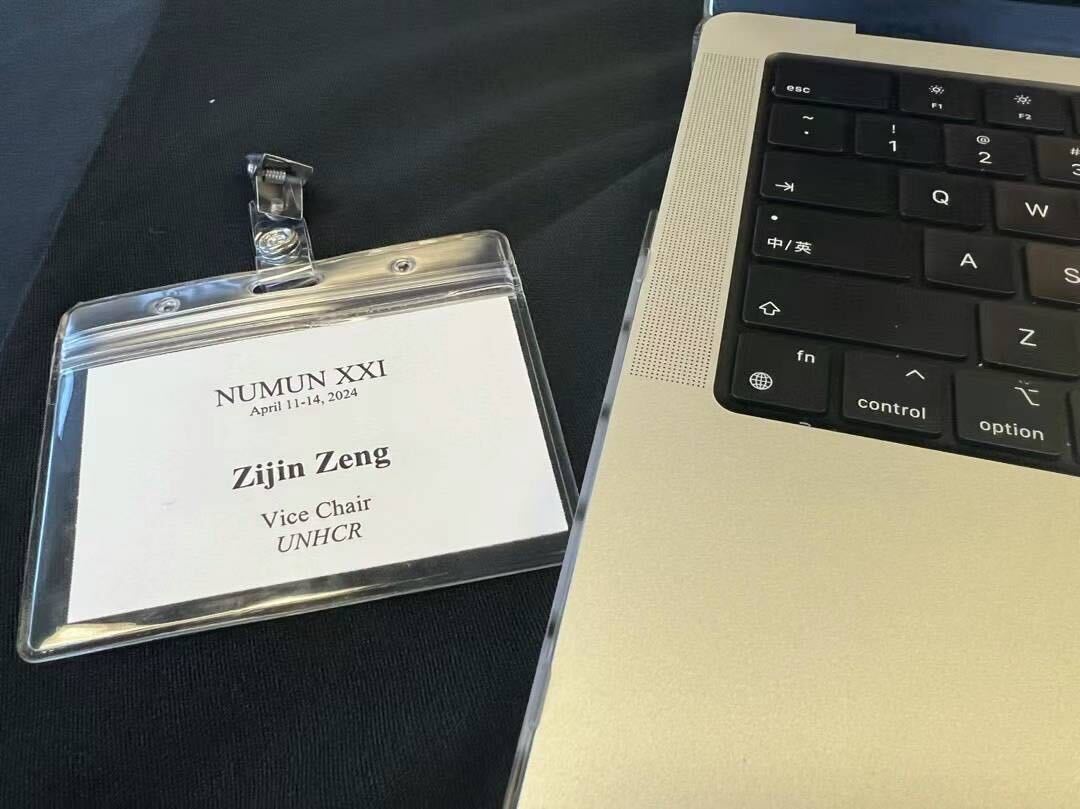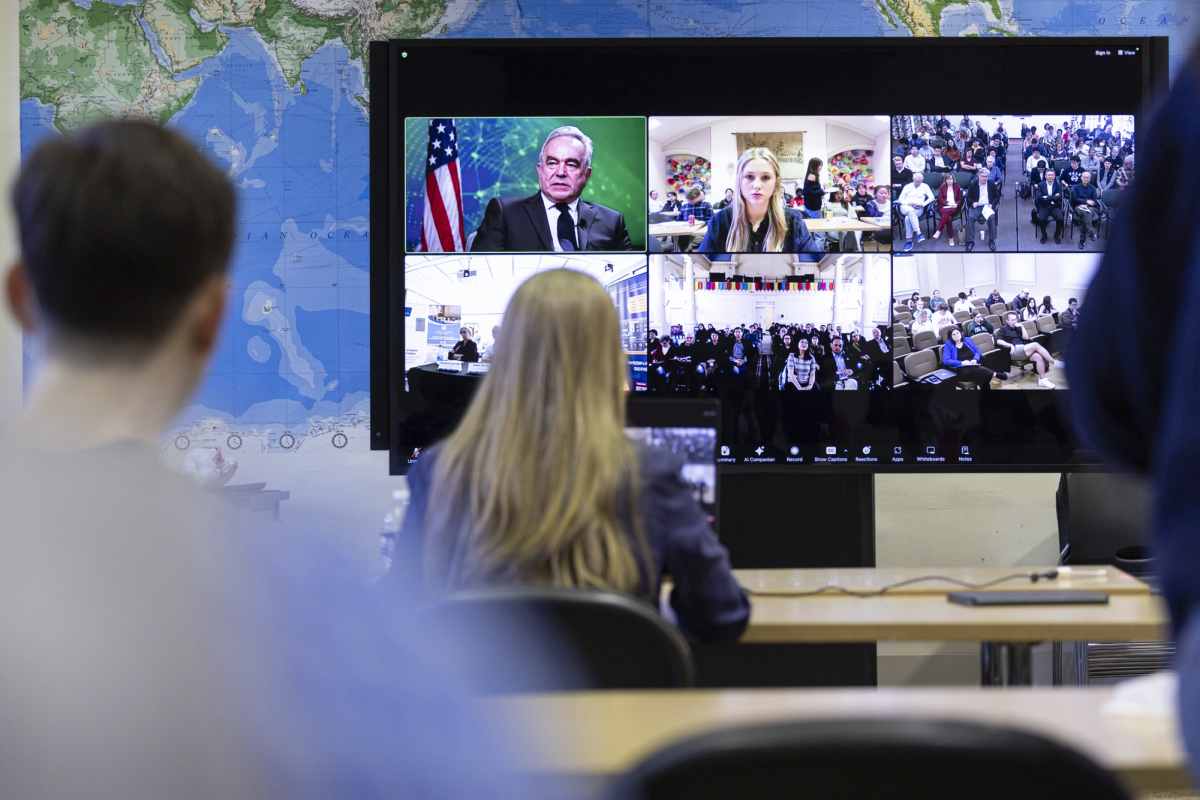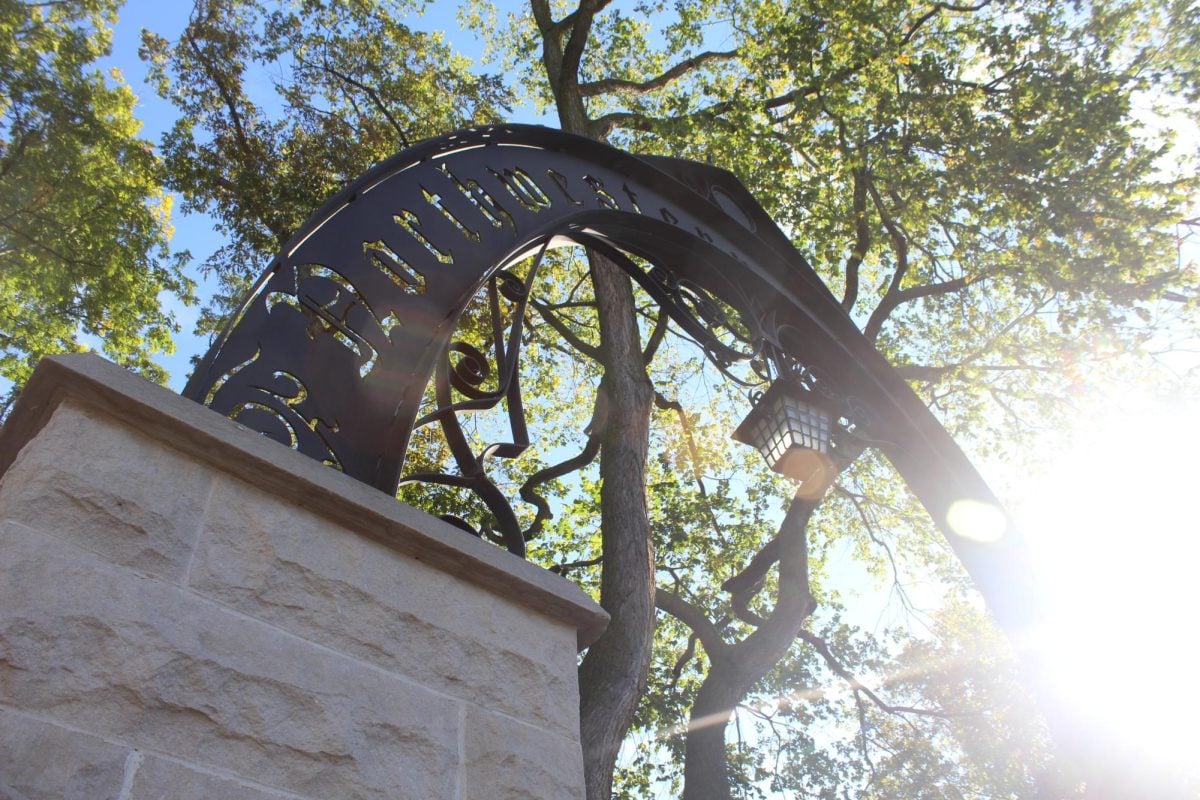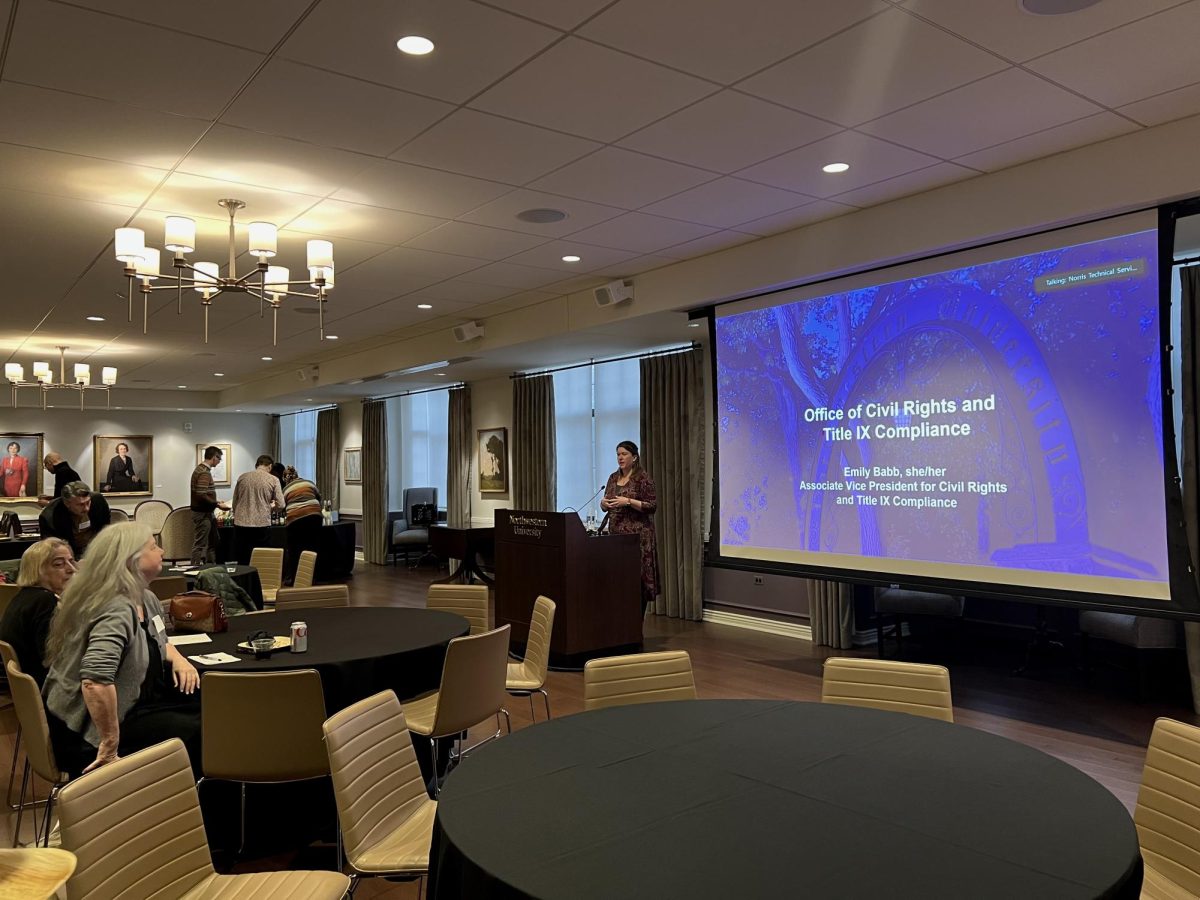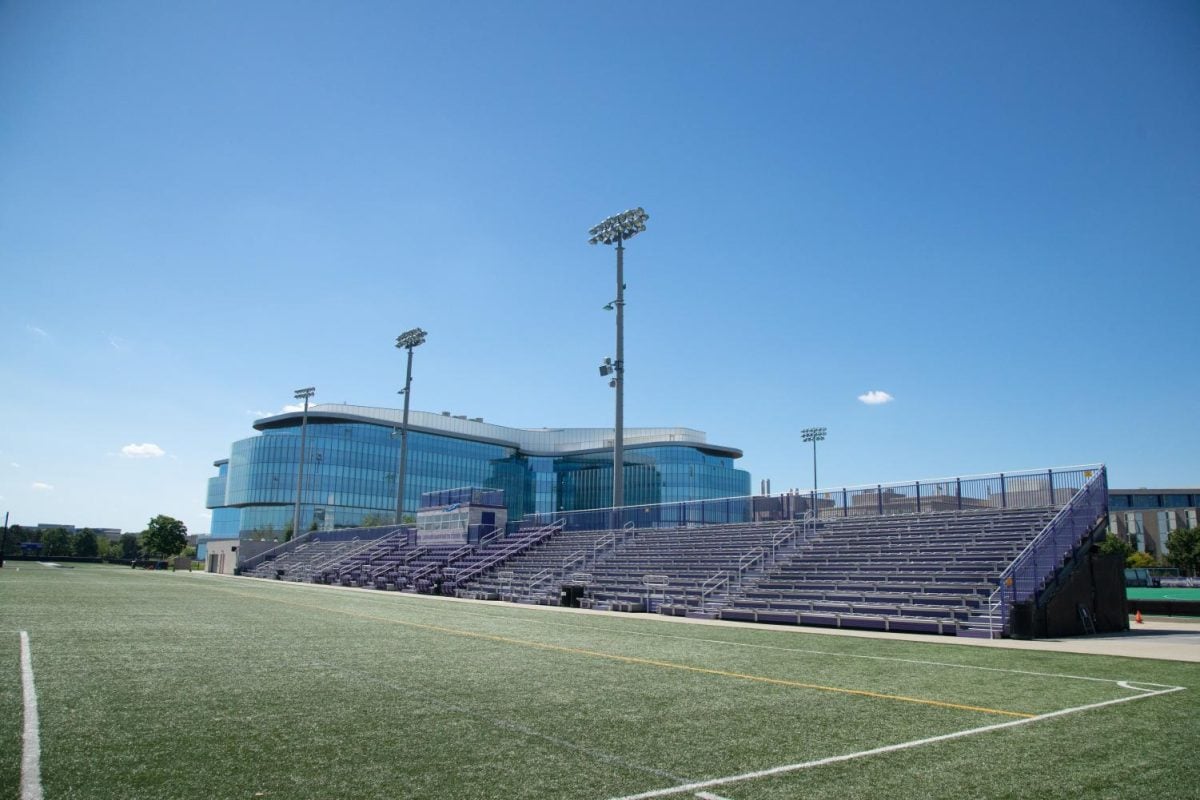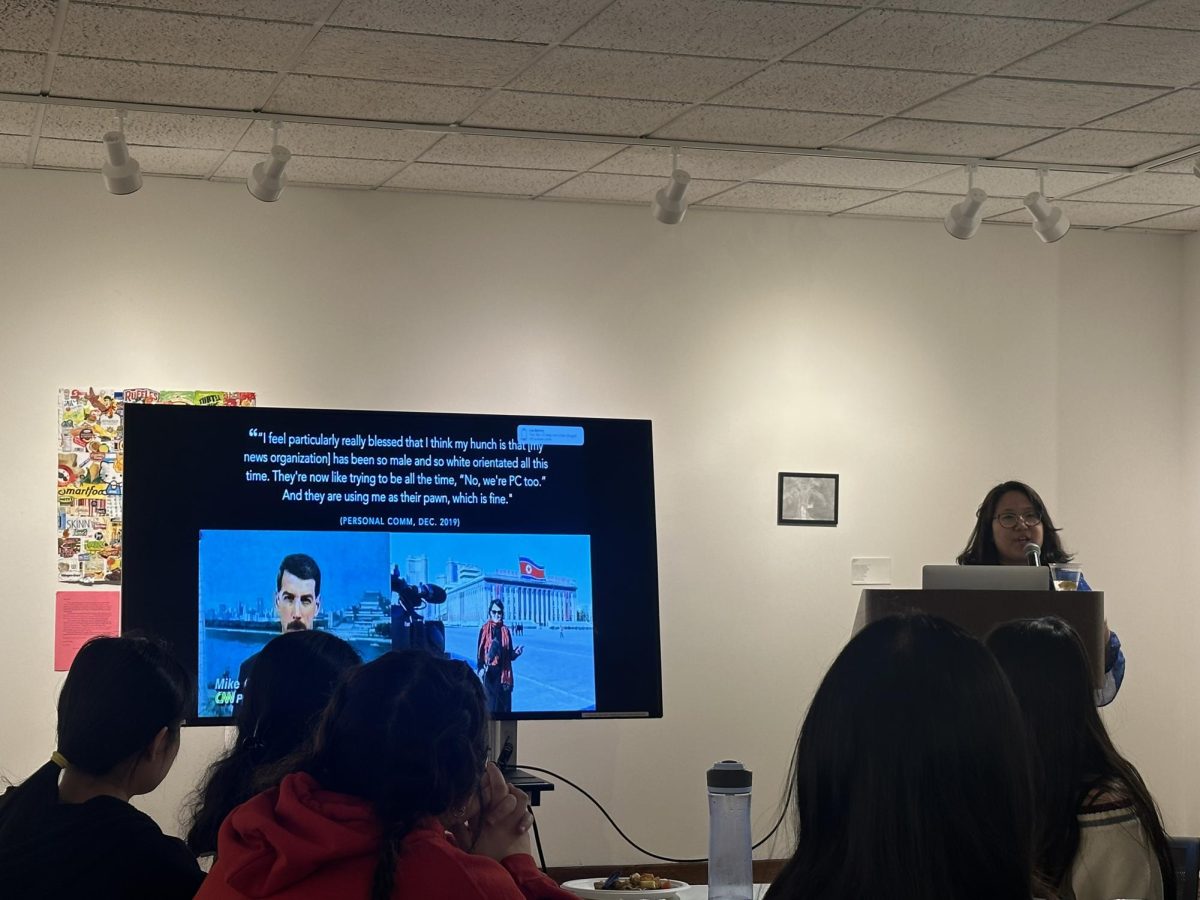Medill Prof. Craig Duff spoke Friday night as part of “The Future of Photography Editing,” a panel discussion on the technology, ethics and business aspects of photo editing programs like Adobe Photoshop.
The event was held at the Chicago Photography Center with an audience of about 20 people. It was the third in a four-part series, “The Future of Photography.” Three other photographers and photojournalists joined the conversation, and former Chicago Tribune staff photographer Charles Osgood moderated the event. Each speaker gave a brief introduction and discussed his or her take on the future of photo editing.
Duff used a slideshow to point to several cases in which photo editing and manipulating has cost photojournalists their reputations and careers.
“We’d like to think that as professionals in this business that photojournalists would never do this sort of thing,” he said.
However, Duff said the challenges and high-pressure environment of journalism can cause photojournalists to make bad decisions. He pointed out how photo editing software like Photoshop makes it easier now than ever to manipulate photos, and in turn makes these enhancements harder to spot. The pros and cons of new technology, such as a tool that allows photographers to change the focal length of a photo after it’s been taken, were also discussed extensively.
Chicago Tribune photo editor Mike Zajakowski gave a presentation highlighting notable spreads and photos that were published under his direction as editor.
“Photojournalism in all its form is and always will be necessary to any credible news organization,” he said. “We’re a visual culture.”
Zajakowski likened photojournalism to a mirror, reflecting to the people the way that they live and act as a society. In a summary of journalism ethics, he said it is important to follow four basic steps: “Act human, treat subjects with respect, be accurate, and don’t make stuff up.”
The conversation then turned over to photographer Tim Arroyo. In addition to traditional photography, Arroyo uses photo editing software like Photoshop to alter photographs and create surrealist images. Unlike his colleagues, Arroyo focused more on the creative side of photography.
Jackie Spinner, a former war correspondent for The Washington Post, talked about on the more straightforward side of photography and the importance of being multifaceted. She said being easily adaptable is key when it comes to working as a professional. She stressed the importance of being able to write, photograph and edit, and “not just do all of them, but do them pretty well.” She shared a lesson about the difference between writing and photography that she said Duff had given her before the lecture.
“Writers write in the past tense, while photojournalists have to shoot in the present tense,” she said.
The event concluded with a Q-and-A with the audience. The fourth and final lecture in the series, “The Future of the Camera,” will be held at 7 p.m. Dec. 13 at the Chicago Photography Center.
Email: [email protected]
Twitter: @oliviaexstrum

